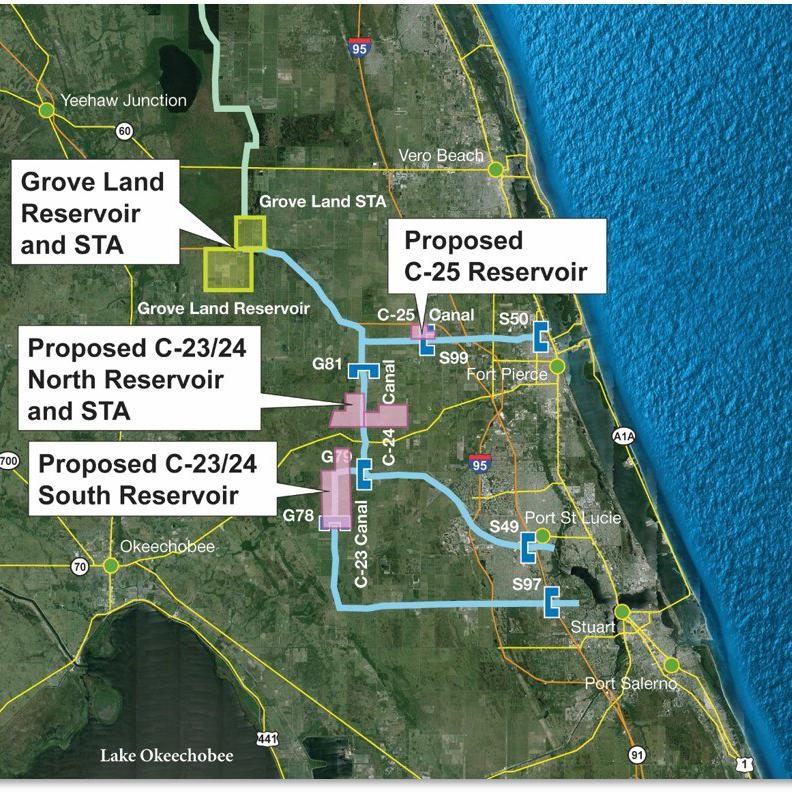Economic and Financial Studies Support $231 Million CIP, Reveal Revenue Shortfalls


Hazen was commissioned to perform three types of economic and financial assessments:
- Financial Capability Assessment
- Financial Analysis of Current Financing Approaches
- Dynamic Rate Analysis
Hazen determined that the current sewer rate structure would not generate enough revenue to meet CIP debt coverage—a significant budget shortfall the sewer utility was not aware of before Hazen completed the Dynamic Rate Model.
Hazen’s rate model allows the Town to estimate the relative cost burden on full-time residents versus part-time summer residents given alternative price levels for seasonal sewer rates. With a comprehensive view of its financial needs and projections, Nantucket can use the Financial Capability Assessment and Dynamic Rate Model to gain approval for the new recommended funding structure and adjust over the years as needed. Future capital investments for infrastructure can be better planned and impacts on sewer rates accurately projected for both short and long-term needs.
Hazen is currently working with Nantucket to develop a tiered rate structure to best allocate the cost of service to system users and improve affordability. Other considerations in the development of recommendations include changes to the CIP schedule, increases in other fees, issuance of BANs, and assuring fixed cost coverage.

Alan Karnovitz has decades of experience directing economic and financial studies for public and private sector clients across the United States, and in more than 25 countries.
Related Topics:
Project Outcomes and Benefits
- Conducted a Financial Capability Assessment (FCA) and rate study for the Town of Nantucket, including a customized Dynamic Rate Model.
- The FCA, meant to provide score the 10-year CIP in terms of the Town’s municipal finances and ratepayer affordability, determined that the CIP posed a “medium” burden on the Town and its citizens.
- The Dynamic Rate Model found that if current rate structure and rate levels were maintained, Nantucket would fail to meet financial targets to fund the operation and maintenance of the wastewater system and the planned CIP.
- In the short term, Hazen recommended the Town raise its non-metered, flat, and volumetric rates to balance 2020 operating, debt service, and CIP costs.
- Proposed rate levels will allow the utility to meet its debt coverage requirements and maintain a balanced budget though 2030.
- Extended the model to assess rate and financial burden impacts using different revenue sources, allowing the Town to easily assess the impact of multiple revenue options.
- Hazen is training the Town’s staff on the use of the Dynamic Rate Model. The flexibility and customization of the tool is especially important for the Town, which charges higher fees during the tourist season and finances a portion of the CIP through property taxes.

















